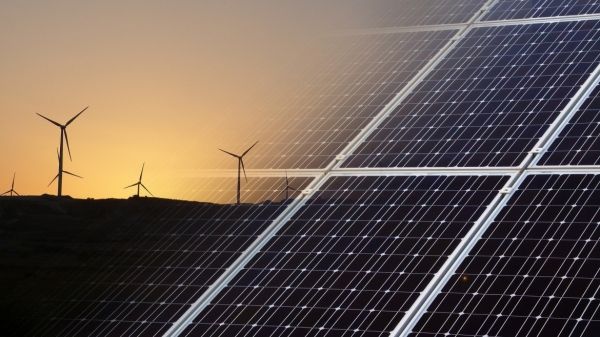For decades, the United States has attempted to wean itself from fossil fuels but with limited success. Coal, natural gas and oil still comprise about 80% of our energy supply, according to the U.S. Department of Energy.
It’s cheap, and it’s in abundant supply, but it’s not renewable energy. Renewables accounted for almost 12% of U.S. energy consumption in 2019 and are slowly trending upward. But the transition is not happening fast enough in light of greenhouse gas emissions, climate change and global warming.
What will it take to get there? “A globally concerted effort,” according to Arizona State University sustainability scientist Meng Tao.
A professor in ASU’s School of Electrical, Computer and Energy Engineering, Tao’s research covers a wide range of topics in sustainable and terawatt solar photovoltaics, including solar energy storage, solar charging of electric vehicles and solar-powered industrial electrolysis.
Continue reading at Arizona State University
Image via Arizona State University


